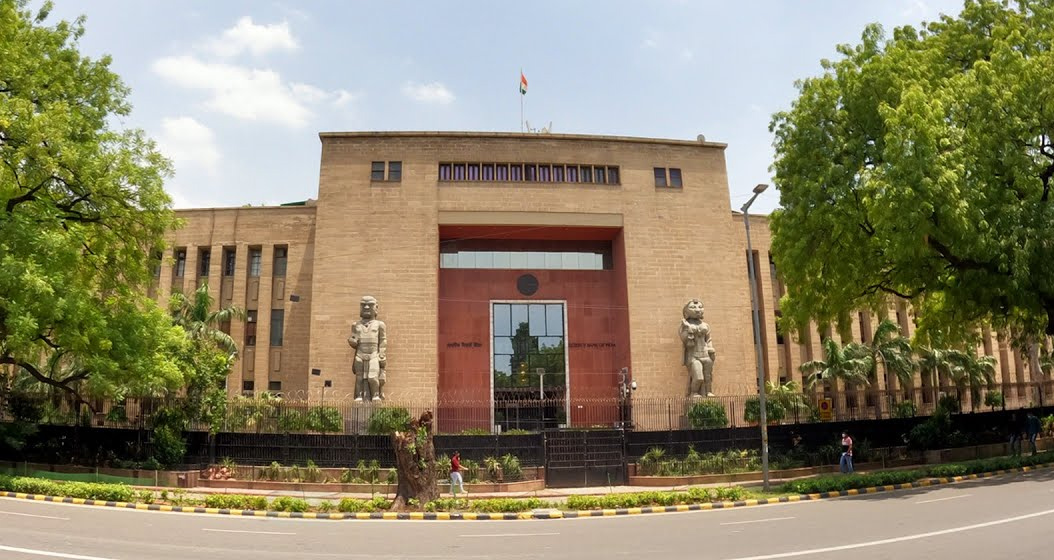The Reserve Bank of India has levied fines totalling Rs 4.25 lakh on four cooperative banks due to their failure to adhere to specific regulatory guidelines. These banks are Nandani Sahakari Bank Ltd from Maharashtra, Gujarat Ambuja Cooperative Bank, Karnataka’s Ramanagaram Urban Cooperative Bank and Kancheepuram Central Cooperative Bank
The penalties were distributed as follows: Nandani Sahakari Bank Ltd from Maharashtra incurred the highest fine of Rs 2 lakh, followed by Gujarat Ambuja Cooperative Bank Ltd with Rs 1 lakh, Karnataka’s Ramanagaram Urban Cooperative Bank Ltd was fined Rs 75,000, and Kancheepuram Central Cooperative Bank Ltd from Tamil Nadu received a Rs 50,000 penalty.
The primary reasons for these penalties stem from various instances of non-compliance with RBI’s stringent directives aimed at ensuring prudent banking practices.
Nandani Sahakari Bank faced penalties due to its disregard for RBI’s directives on managing advances and bullet repayment on gold loans. The bank had approved gold loans exceeding the regulatory limits under the bullet repayment scheme, which RBI’s statutory inspection sustained as a charge against the bank.
In the case of Gujarat Ambuja Cooperative Bank, the fine was imposed because of its failure to adhere to regulations concerning loans and advances to directors, their relatives, and associated entities. Specifically, the bank was found to have approved loans where directors’ relatives were involved as guarantors, supporting the breach identified by RBI.
Ramanagaram Urban Cooperative Bank was fined for not complying with the RBI’s exposure norms and other statutory restrictions for Urban Cooperative Banks (UCBs). The bank was found to have exceeded the prudential interbank gross and counterparty exposure limits, validating RBI’s findings.
Lastly, Kancheepuram Central Cooperative Bank was penalized for not following the National Bank for Agriculture and Rural Development (NABARD)’s guidelines on fraud classification, reporting, and monitoring. An inspection by NABARD revealed delays in reporting fraudulent activities, leading to the imposed fine.
RBI clarified that the imposed penalties reflect deficiencies in regulatory compliance by these banks and are not intended to question the legality of any transactions or agreements these banks have with their customers.













































